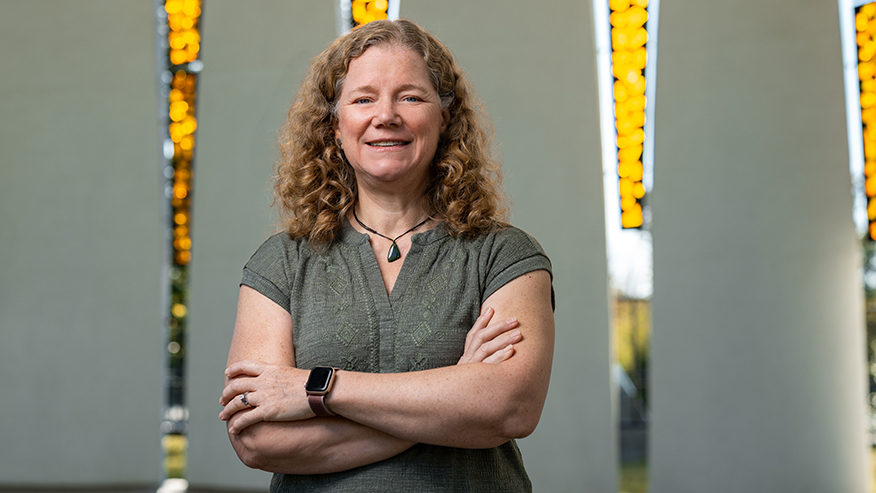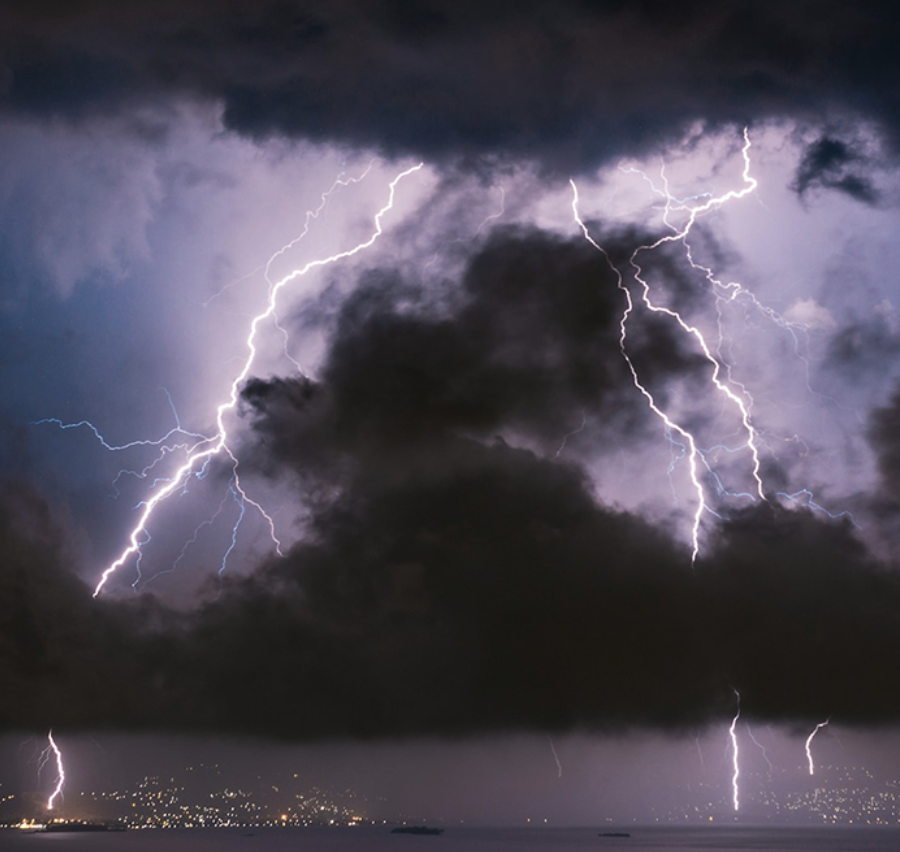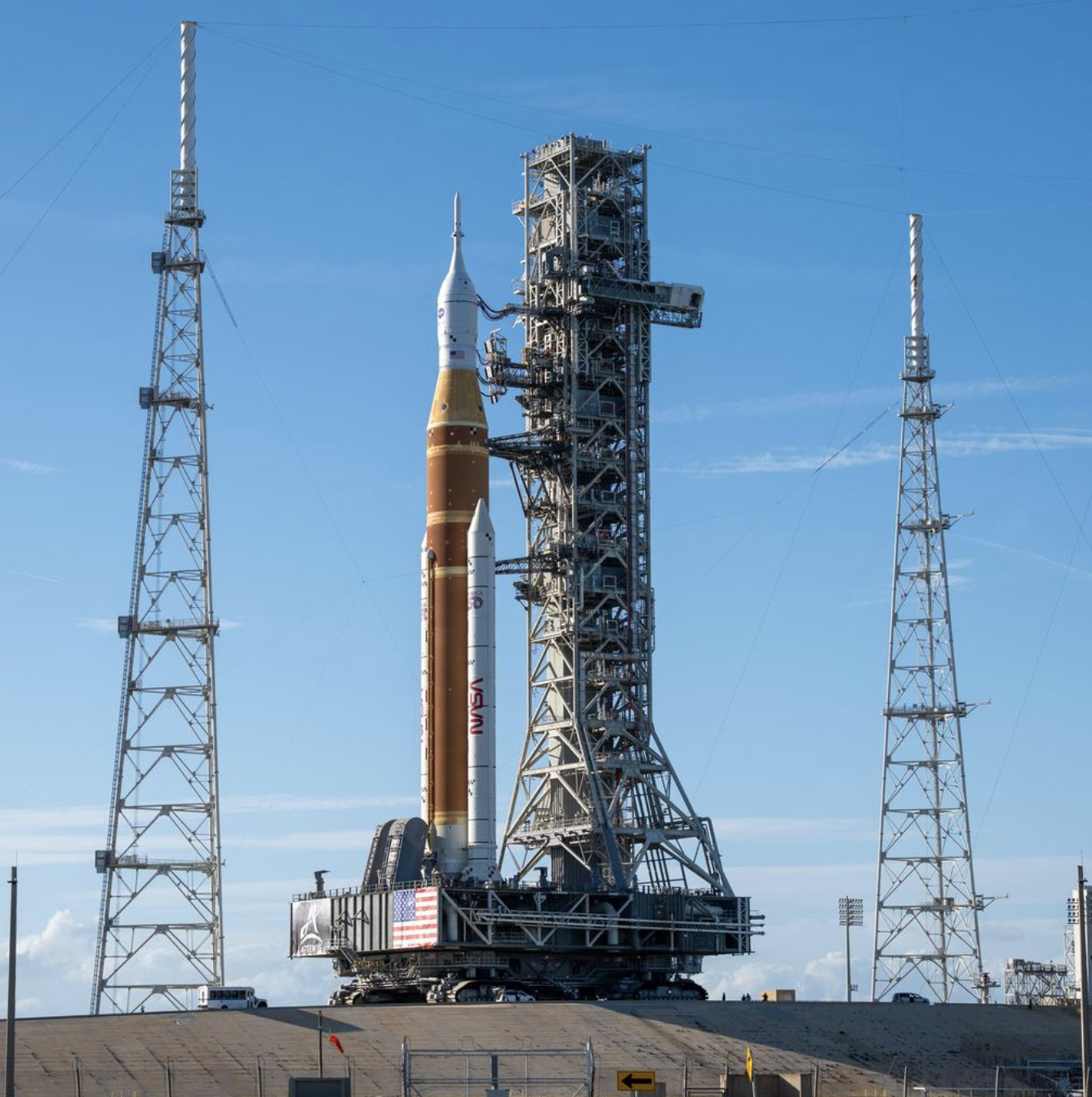Andrea Donnellan, head of Purdue University's Department of Earth, Atmospheric, and Planetary Sciences, studies Earth's surface from the sky to better understand earthquakes, including improved forecasting of their location and severity.
Earth, Atmospheric, and Planetary Sciences
The Department of Earth, Atmospheric, and Planetary Sciences has a great diversity of programs and intersecting disciplines, with faculty and students studying in fields such as Tectonics, Geophysics, Atmospheric Dynamics and Chemistry, Environmental Sciences, Biogeochemistry, Climate Change, Severe Weather, Planetary Sciences, Astrobiology, Data Science, and many other areas. We are committed to strategic initiatives that explore the connections between the Earth’s interior and surface, climate and sustainability, planetary exploration and spacecraft missions, and the development of emerging fields of study.





